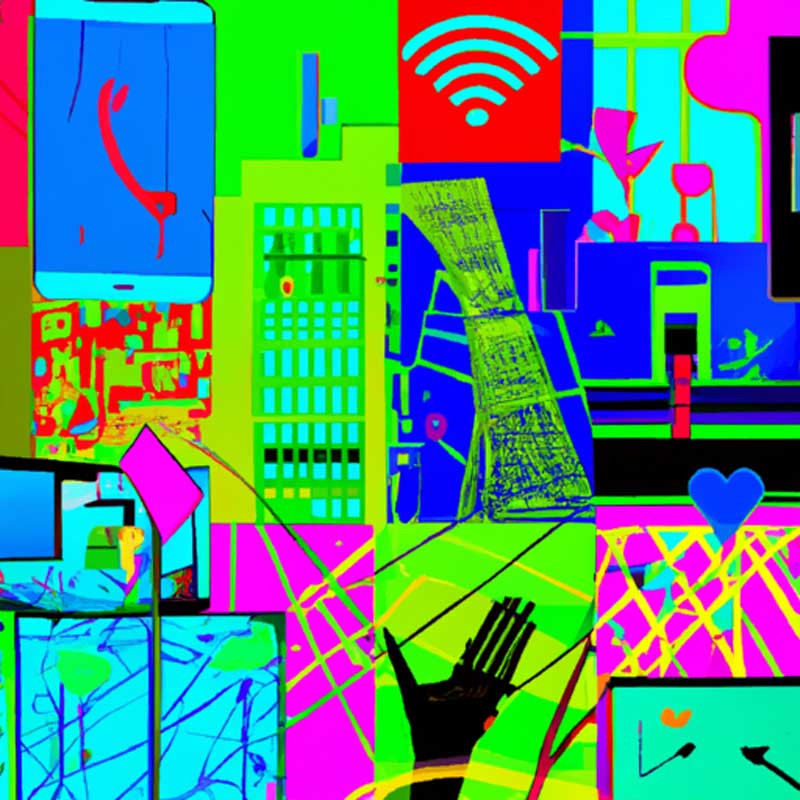Artificial intelligence (AI) is revolutionizing the workplace and changing the way we work. From automation to predictive analytics, AI technologies are being adopted by businesses across various industries to increase efficiency and productivity. However, the rise of AI also raises concerns about job displacement and inequality. This article explores the impact of AI on the future of work and highlights key considerations for policymakers and business leaders.
- AI technologies, such as machine learning and natural language processing, can automate repetitive tasks and improve decision-making processes. This can lead to increased productivity and efficiency in the workplace.
- However, the adoption of AI also raises concerns about job displacement. Many tasks currently performed by humans can be automated, which could result in job losses in certain industries.
- There is also a concern about the potential impact of AI on inequality. AI technologies could amplify existing inequalities, as those with access to AI tools and resources may benefit more than those without.
- Policymakers and business leaders need to address these concerns and ensure that the benefits of AI are shared equitably. This may involve providing training and education opportunities for workers to acquire new skills that are in demand in the AI-driven economy.
- It is also important to develop ethical standards and regulations for AI technologies to minimize risks and ensure that AI systems are transparent, fair, and unbiased.
Despite these challenges, the potential of AI to transform the future of work is immense. AI technologies can enable businesses to automate routine tasks, freeing up humans to focus on higher-level tasks that require creativity, critical thinking, and emotional intelligence.
In addition to automation, AI can also be used for predictive analytics, enabling businesses to anticipate customer needs, make better business decisions, and improve customer experiences. For example, AI-powered chatbots can provide personalized customer support and recommendations based on individual preferences.
AI technologies are also being used in healthcare to improve diagnostics and treatment outcomes. Machine learning algorithms can analyze large amounts of patient data to identify patterns and make accurate predictions about disease progression and treatment effectiveness.
Overall, AI has the potential to revolutionize the workplace and improve human productivity and well-being. However, it is important to address the ethical and social implications of AI and ensure that the benefits are shared equitably.
